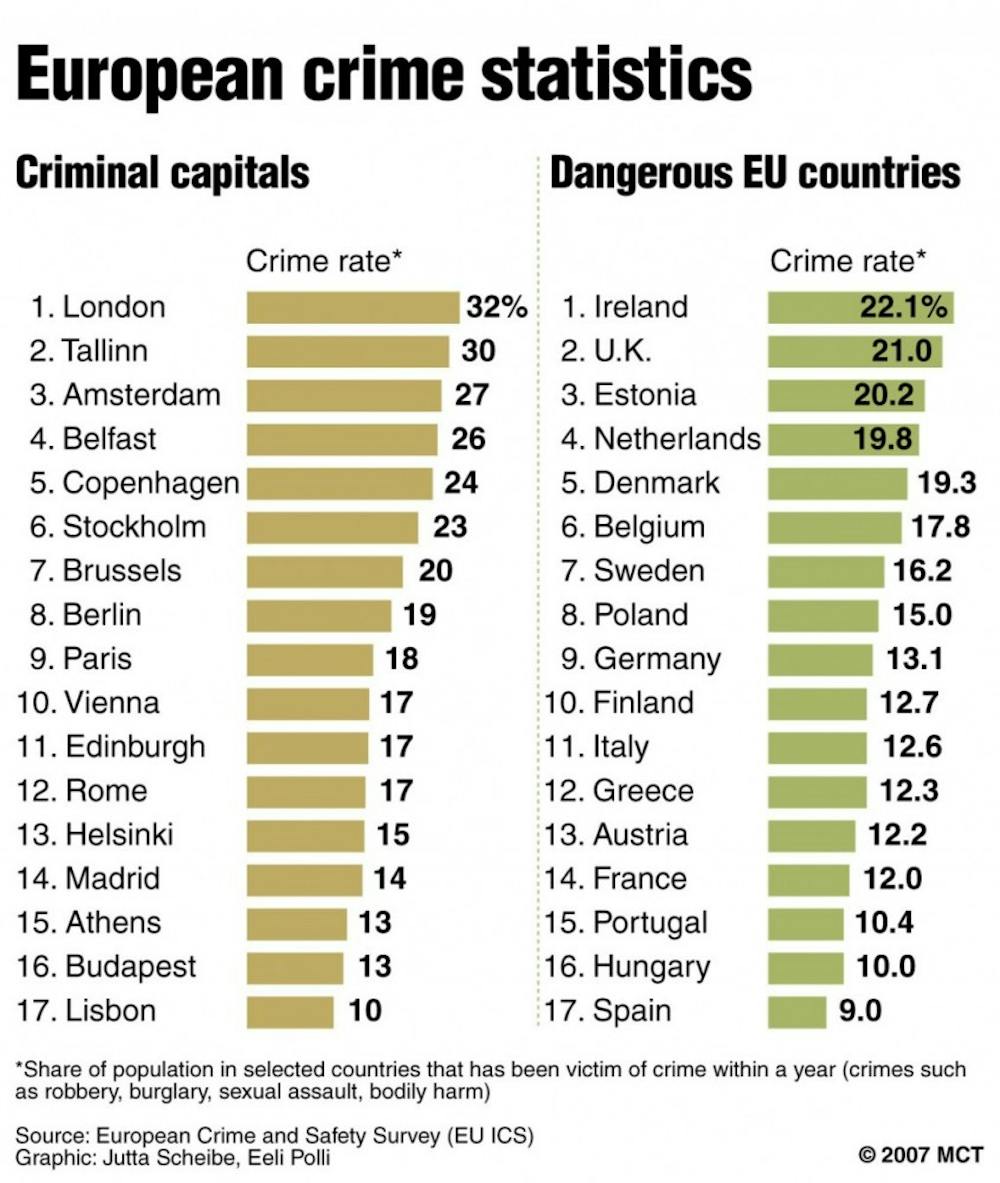LONDON — Brixton. It’s located in central London, but have you ever even heard of it? The main groups of immigrants are those of African and Caribbean descent, but Brixton is also home to a multitude of different cultures and ethnicities.
Brixton is largely unknown because it has undergone massive changes in recent years — changes that have attracted an influx of people to the area. Once well known for rampant drug problems, alcohol abuse and violent gang members, Londoners were afraid to venture there. Anne Kershen, a professor at the University of London, said when her son went to Brixton for parties, she would fear for his life. When she picked him up with her husband, they were afraid to even drive on the streets.
The gang violence became such a problem that no one wanted to go to Brixton, especially at night. Regina Weidenmuller, the owner of Beautiful Books, a local Christian bookstore in the Brixton Market, said she would see people shooting up across the street from her shop.
“The night used to be a scary place in Brixton,” she said.
Roxy, a local shop worker from New Zealand, often visited the clubs in Brixton. Even then it wasn’t safe. “There were always drug dealers out,” she said. “It was quite frightening.”
[quote]Gang violence became such a problem that no one wanted to go to Brixton, especially at night[/quote]
In 1992, on her first day at Rachel and Malika’s, a local shop in the Brixton Market, she witnessed a drug bust. Over the years she has seen a massive change in the area. “The community is just amazing. And in London, that is quite rare,” Roxy said. Her favorite thing about Brixton now is the diversity of culture. She explained racism is not a problem in Brixton, as each culture is respectful of each other’s traditions.
“Most of the shops are owned and operated by local families too,” Roxy said. She has seen a lot of changes in Brixton and the United Kingdom in general since she first arrived. Problems with crime, violence, drugs and alcohol have all decreased.
The police are also working diligently with the community to make it a better place. Now families take their children to Brixton to play on the carnival rides or see a movie. This would have been unthinkable 15, 10 or even five years ago.
“Brixton is always busy. Even at midnight you can go through Brixton and the main streets are full with people and the bus stops are still full,” Weidenmuller said. Despite being from Germany, Weidenmuller said she feels “right at home” in Brixton, but while she admitted Brixton is greatly improved, crime still exists. The community is not completely fixed.
Nieve, a local sanitation worker from Jamaica, has worked in the Brixton Market area for 35 years. According to Nieve, Brixton was supposed to be demolished three years ago. The restoration of Brixton helped the community not only keep their jobs, but also grow and prosper. The people are livelier and more open. “People are friendlier in general,” he said. He added that the police have really helped turn Brixton around.
Many immigrants just like Roxy, Weidenmuller and Nieve immigrated to London for work opportunities, a better life and hope. They knew a new place meant a new opportunity. As Brixton has changed, they are truly glad they made the decision to leave their home countries. Brixton is now their home and they are a community, just like Elon University is home with its own community. While studying abroad can take you out of your community at Elon, it can also introduce you to something new.
In order to maintain anonymity, two sources in this story refused to give their last names.


